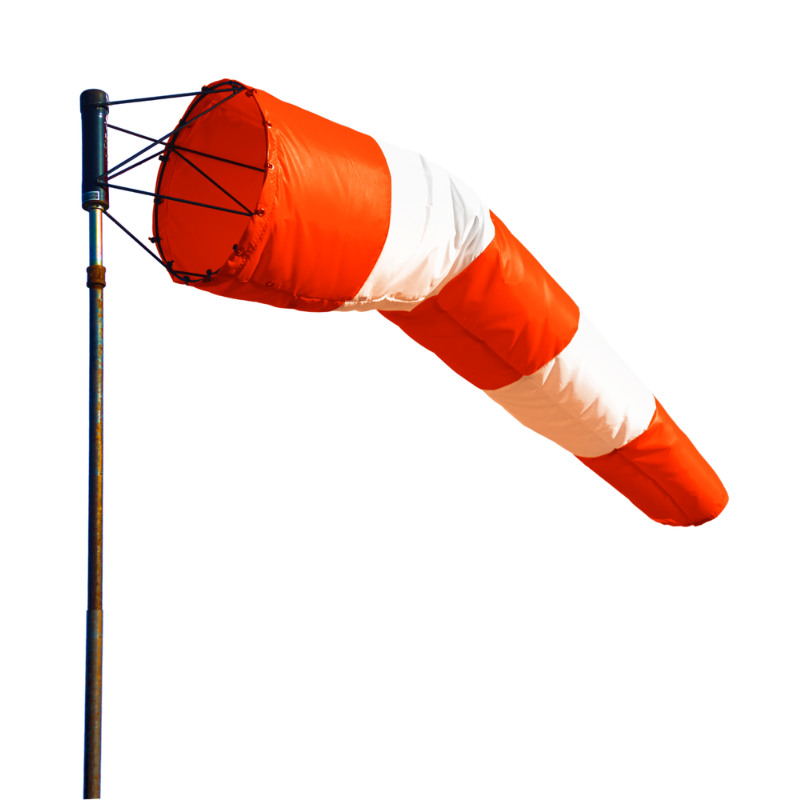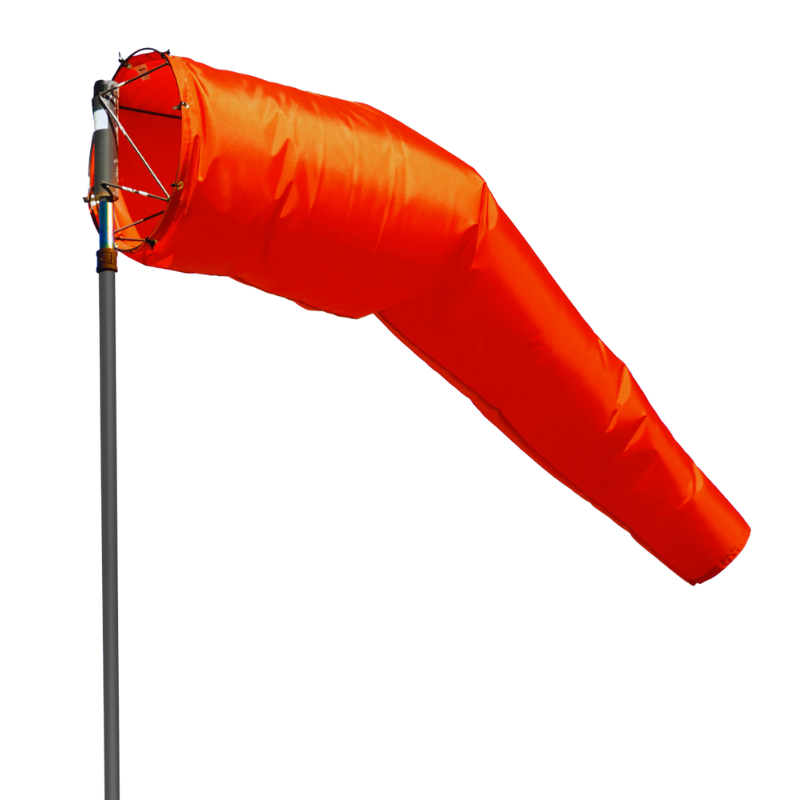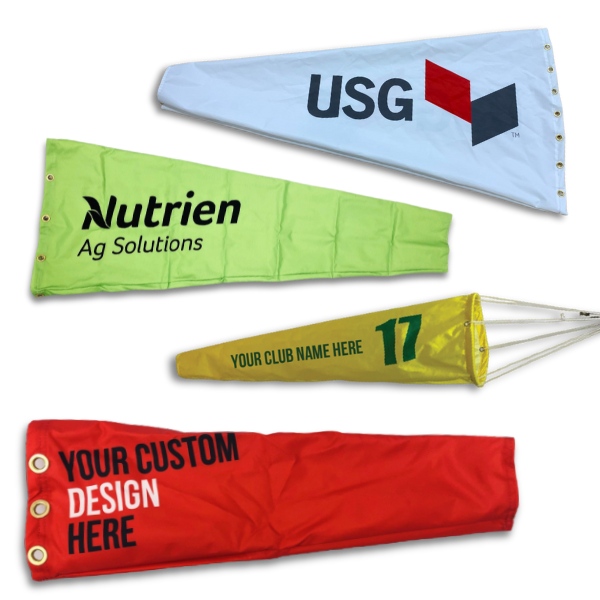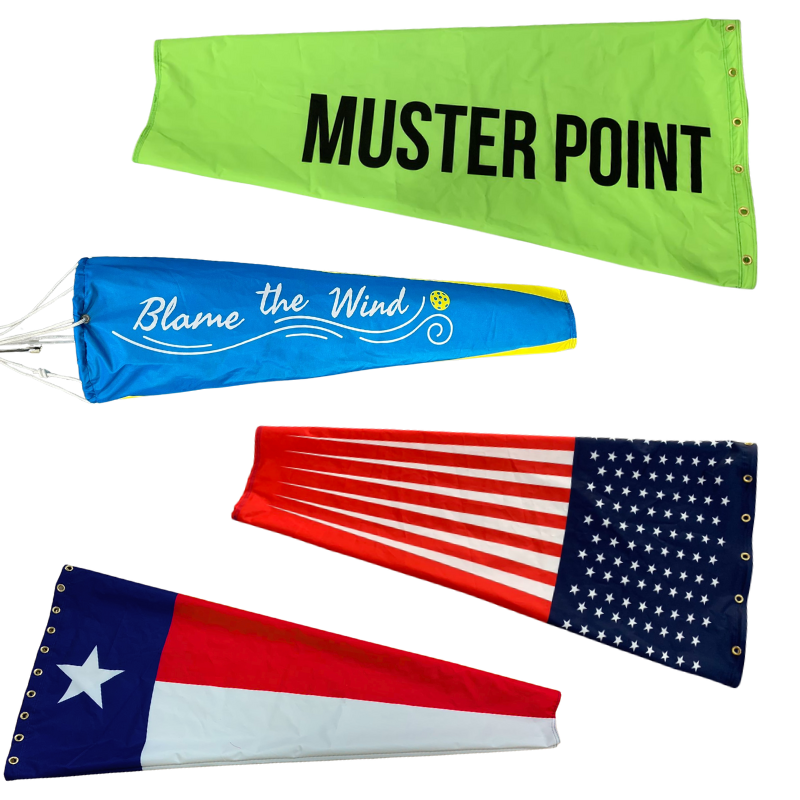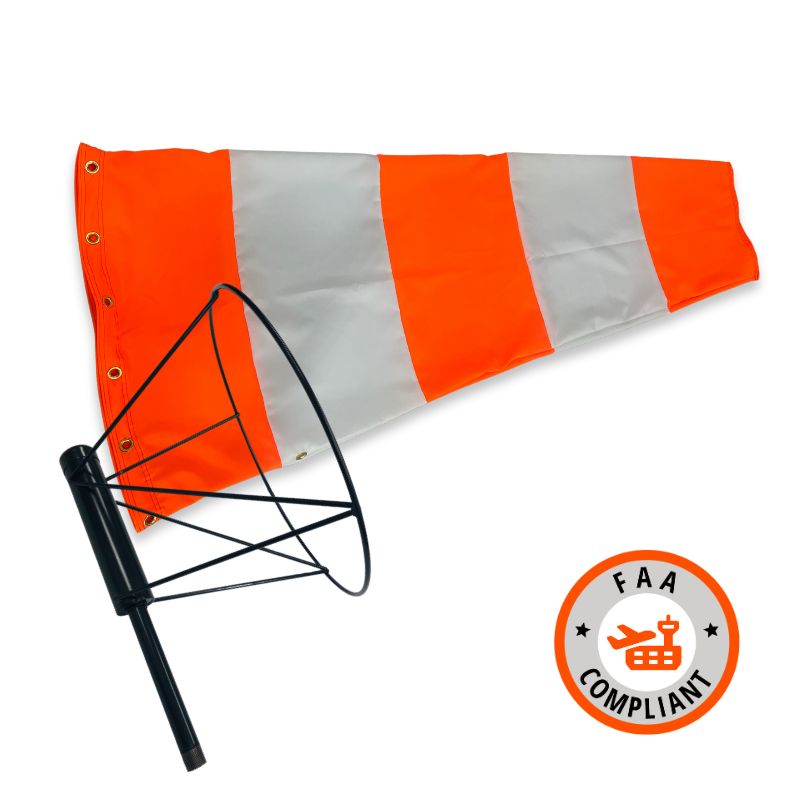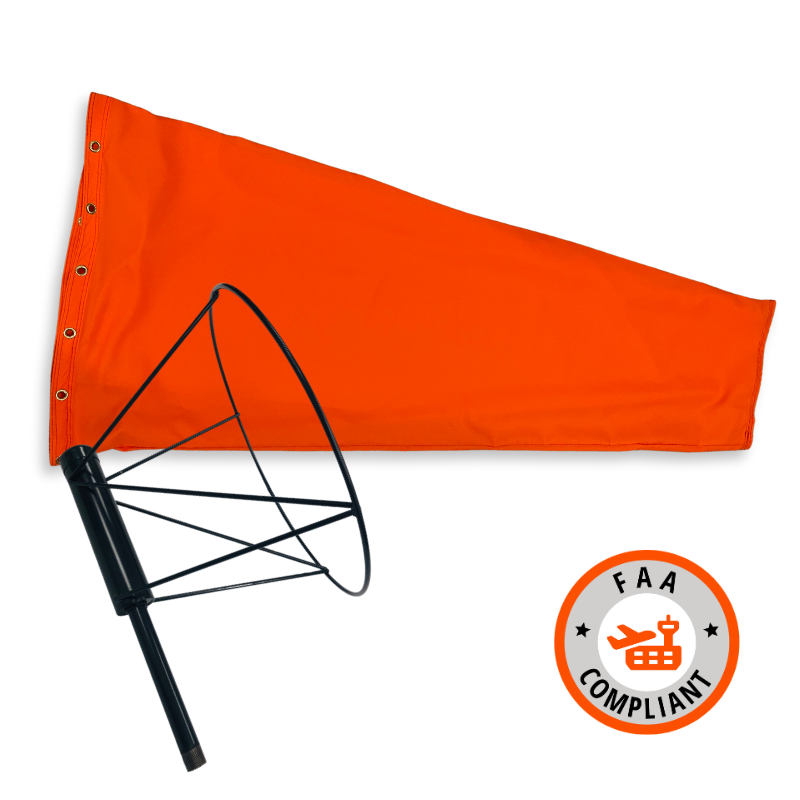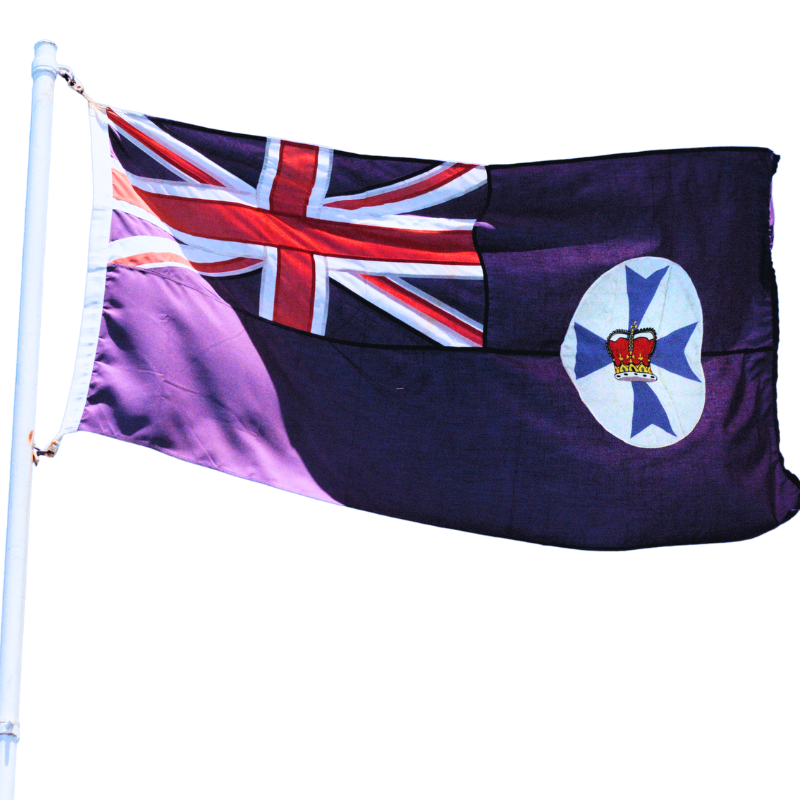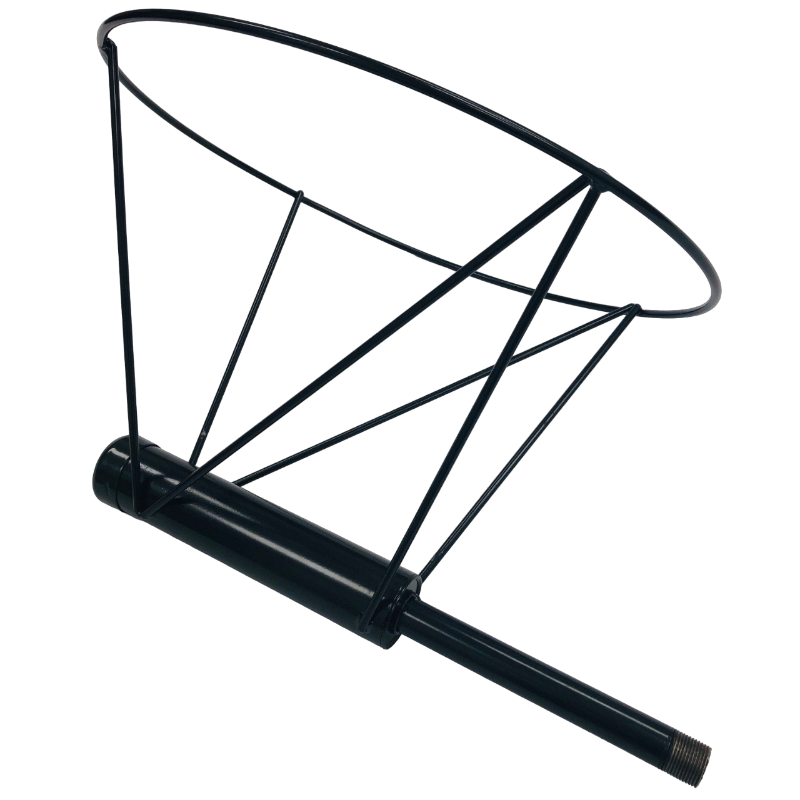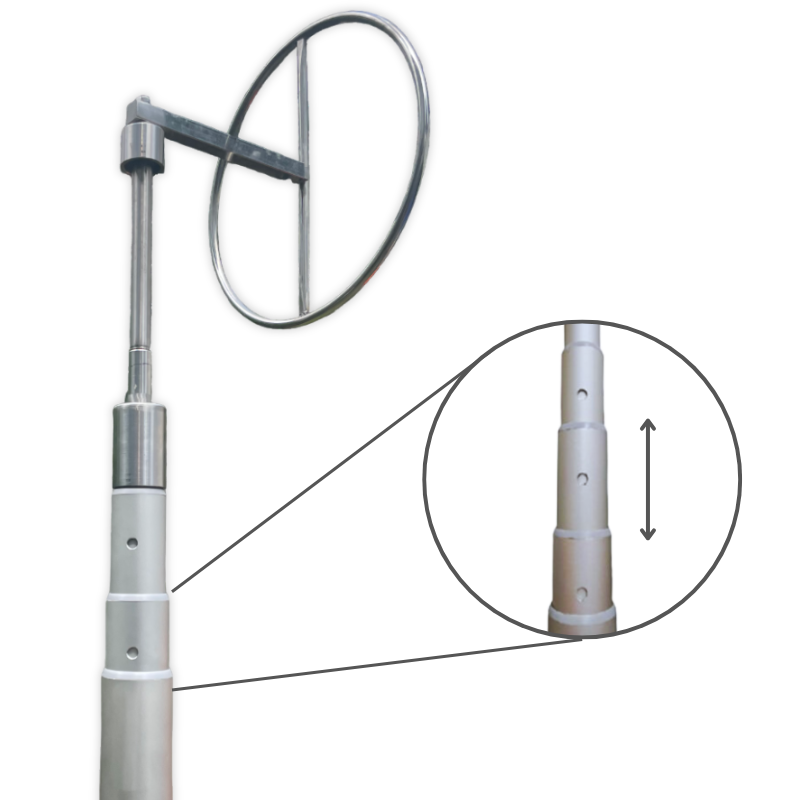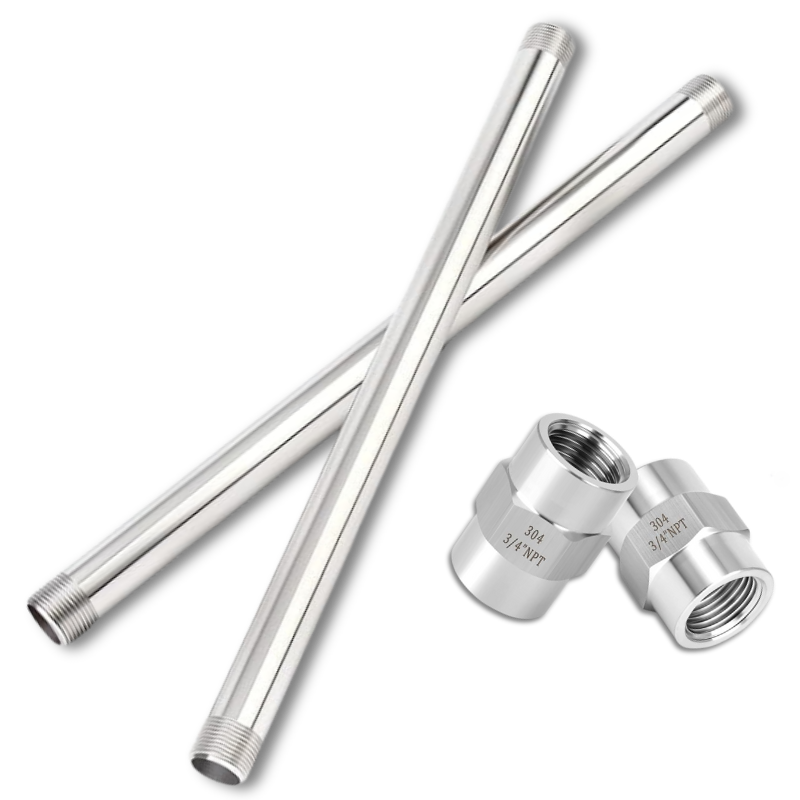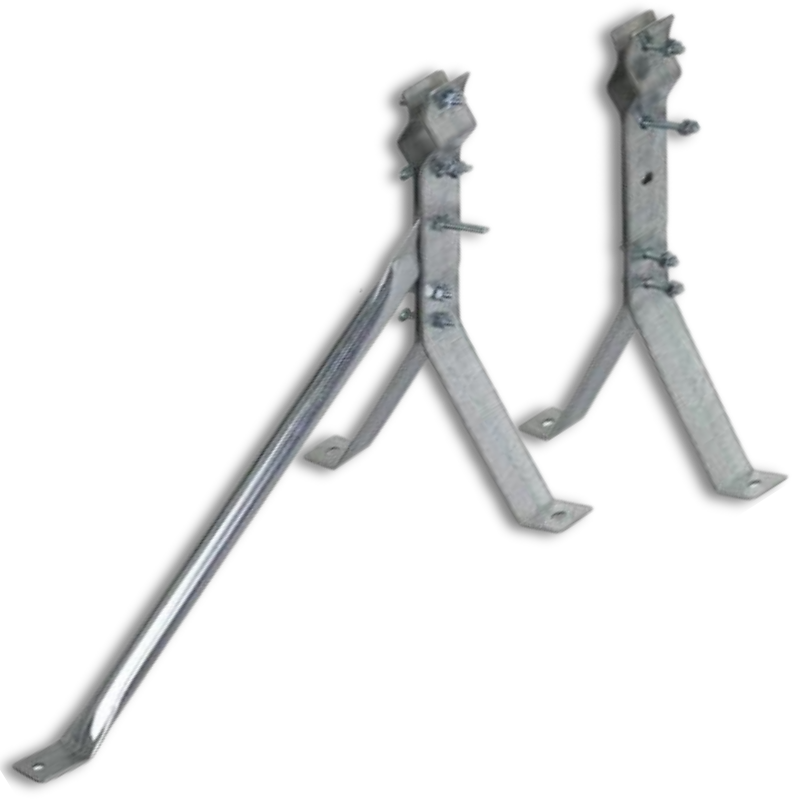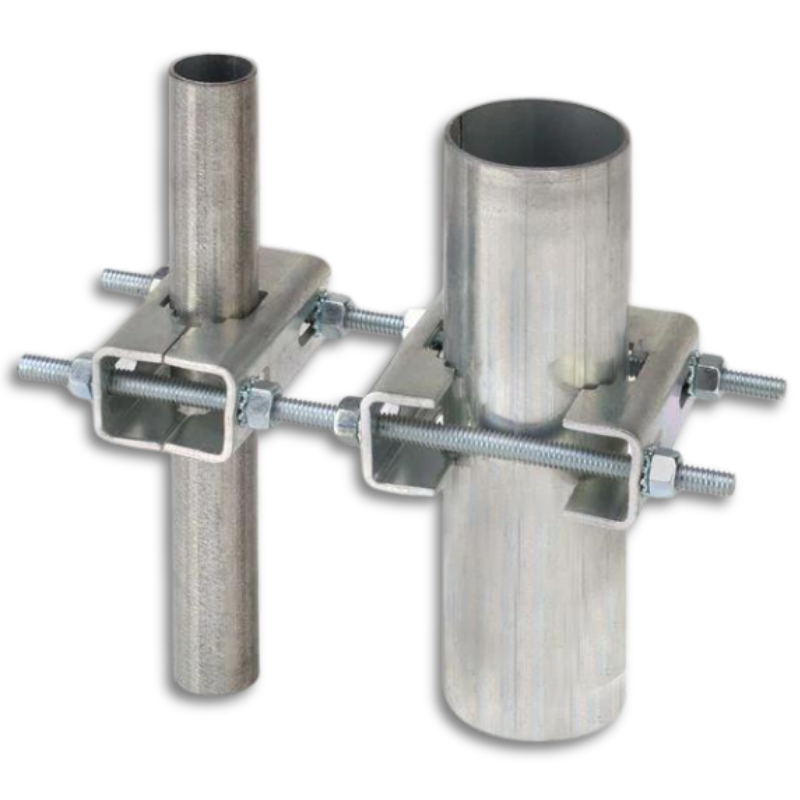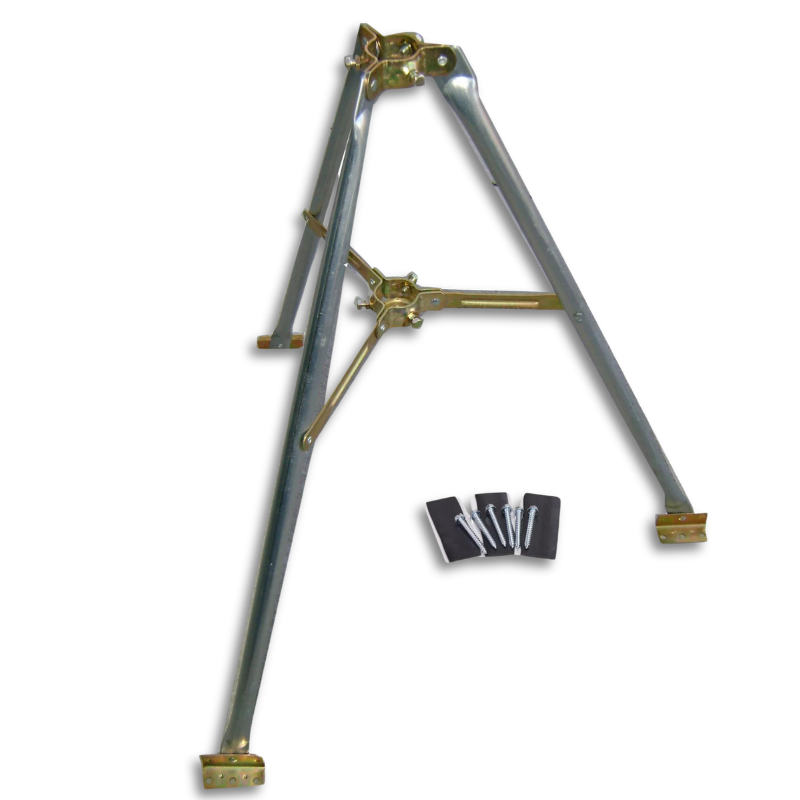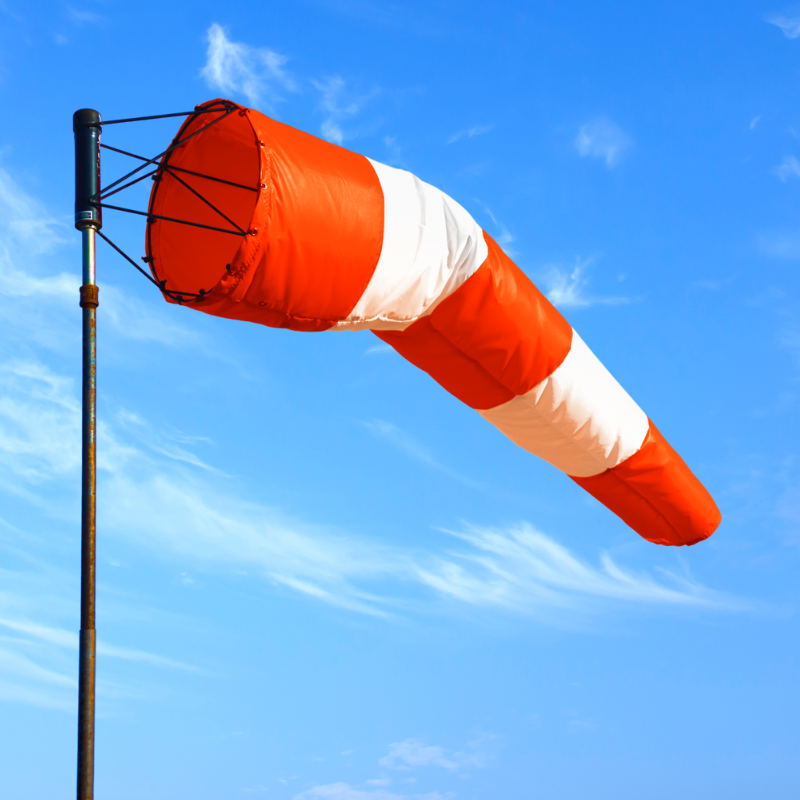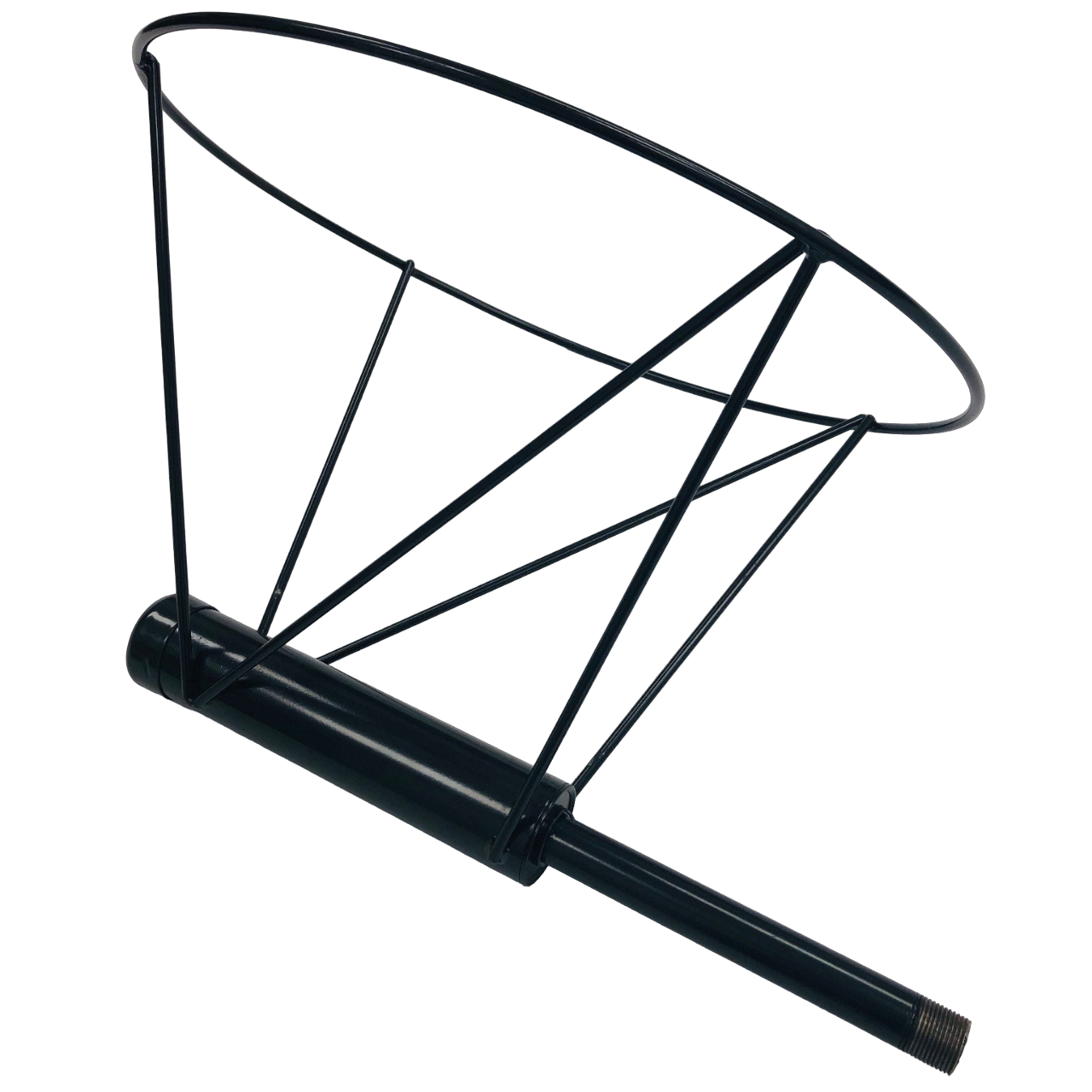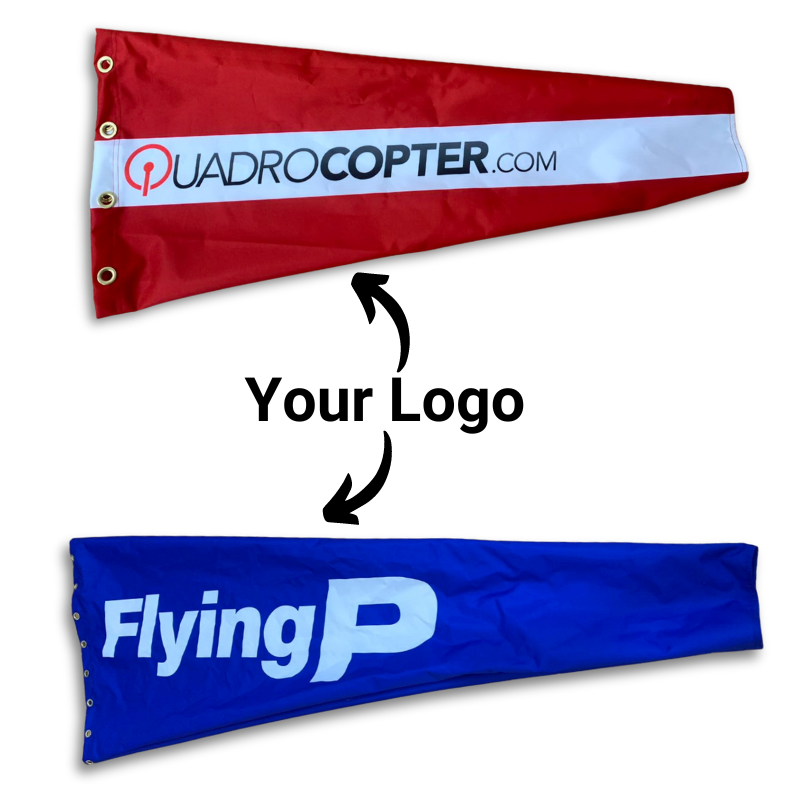How the Fabric of Your Windsock Can Impact Its Performance
Windsocks may look simple, but the fabric they’re made of plays a major role in how well they perform—and how long they last.
Think about it: windsocks are exposed to the elements all day, every day. They need to be lightweight enough to move in even a light breeze, yet tough enough to survive heavy winds, rain, sun exposure, and, in some cases, even flames.
Choosing the right material is all about balance. Too light? It’ll tear in strong winds. Too heavy? It won’t lift in a 3-knot breeze. That’s why material selection matters—especially when safety and performance are on the line.
Common Windsock Materials
Windsocks are made from a variety of materials. Some of the most common include:
-
Nylon
-
Knitted Polyester
-
Vinyl
-
Canvas
-
Polyester blends
Each material has its own strengths and weaknesses depending on the application, climate, and industry.
Windsock Materials We Use
After years of testing and real-world experience, polyester has become our go-to fabric. But not just any polyester—here’s a breakdown of what we use and why:
🔸 300D PU-Coated Polyester (Standard Airport Windsocks)
This is our most commonly used fabric for standard orange windsocks and orange & white striped windsocks used at airports and airstrips.
Why we love it:
-
PU (polyurethane) coated for water resistance and UV protection
-
Hi-vis fluorescent for visibility
-
Lightweight (180g/m²) for quick responsiveness in low wind
-
High tensile strength for durability
This material meets strict performance expectations like those set by FAA windcone specifications.
🔸 600D PU-Coated Polyester (Custom Heavy-Duty Windsocks)
Used for our custom printed and heavy-duty windsocks, this fabric is much heavier, coming in at 311g/m².
Why it’s perfect for custom applications:
-
PU coating for UV and water resistance
-
Built for durability in harsh conditions
-
Custom printable for logos, branding, or specialty use
-
Great for clients who care more about longevity than lightweight responsiveness
🔸 Knitted Polyester (Recreational Windsocks)
This lightweight material is ideal for sports and recreational use—like at golf courses, tennis courts, or pickleball facilities.
Key features:
-
Ultra-lightweight (130g/m²)
-
Easy to fly in low wind
-
No frame needed
-
Custom printable
-
Cost-effective
Windsock Materials We Don’t Use (And Why)
❌ Nylon
Nylon is commonly used in windsocks and offers a bright, vivid look since light passes through it. However, it can fade quickly unless UV-coated, and it may not be as durable in harsh weather. It’s very responsive in light wind but not the best option for longevity—especially in strong wind regions.
❌ Vinyl
Vinyl is great for visibility and performs well in heavy wind thanks to its weight and shiny finish. However, it tends to crease, crack, and degrade over time—especially if not properly UV protected. Its weight can also cause the material to “beat” against itself in the wind, reducing its lifespan.
Final Thoughts
Now you’re equipped to choose the best material for your windsock based on your environment and performance needs. Whether you’re buying for an airfield, worksite, golf course, or backyard, the right fabric makes all the difference.
📞 Got questions? Need help picking the right option?
Contact us at info@custom-windsocks.com and one of our customer service reps will help you get sorted.

